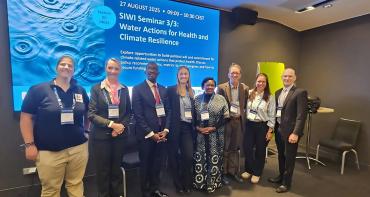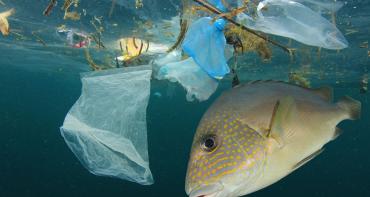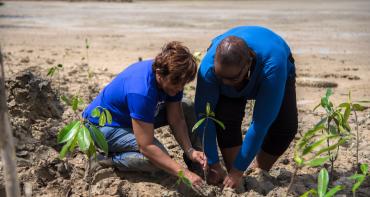Members of the Commonwealth action group on ocean observation gathered in Ottawa, Canada this week to launch a strategy to advance ocean observation opportunities. The meeting also tackled youth and gender issues in ocean science.

Members of the Commonwealth action group on ocean observation gathered in Ottawa, Canada this week to launch a strategy to advance ocean observation opportunities. The meeting also tackled youth and gender issues in ocean science.
Chaired by Canada, the action group is one of nine under the Commonwealth Blue Charter - an agreement made by all 53 member countries to actively co-operate to solve ocean-related problems and achieve sustainable ocean development.
Keith Lennon, Director of Ocean and Climate Change Science for the Department of Fisheries and Oceans Canada, said: “Canada is proud to be the Commonwealth Blue Charter Champion on ocean observations and welcomes its role as an ocean leader, recognised around the world for its expertise in ocean science, sustainable management and emergency response.
“Effective ocean management depends on observations of the ocean, much of which is generated by existing national or regional ocean observing systems and networks.
“Sustained observation in both coasts and open ocean informs decision-making in areas such as coastal development and protection, climate change adaptation, fisheries and agriculture, and disaster risk reduction.”
He added the action group plans to target opportunities to increase the innovation, development, and deployment of ocean observational technologies. It will also focus on enhancing access to key data, knowledge, and best practices, as well information exchange amongst countries.
Commonwealth Head of Oceans and Natural Resources Nicholas Hardman-Mountford said: “The ocean is being subjected to a huge range of human pressures, including climate change, while new areas of the ocean are being opened to exploitation.
“Commonwealth countries have made it clear through the Blue Charter that they are committed to taking action to ensure the ocean and its resources are managed in a sustainable manner.”
The action group will work in partnership with local, indigenous, small island, and remote coastal communities. Members will also engage the private sector, international organisations and the public to assess needs, policy gaps and solutions. Gender equality is a priority for all initiatives.
The two-day meeting will finalise the action group’s terms of reference and outline concrete next steps.



